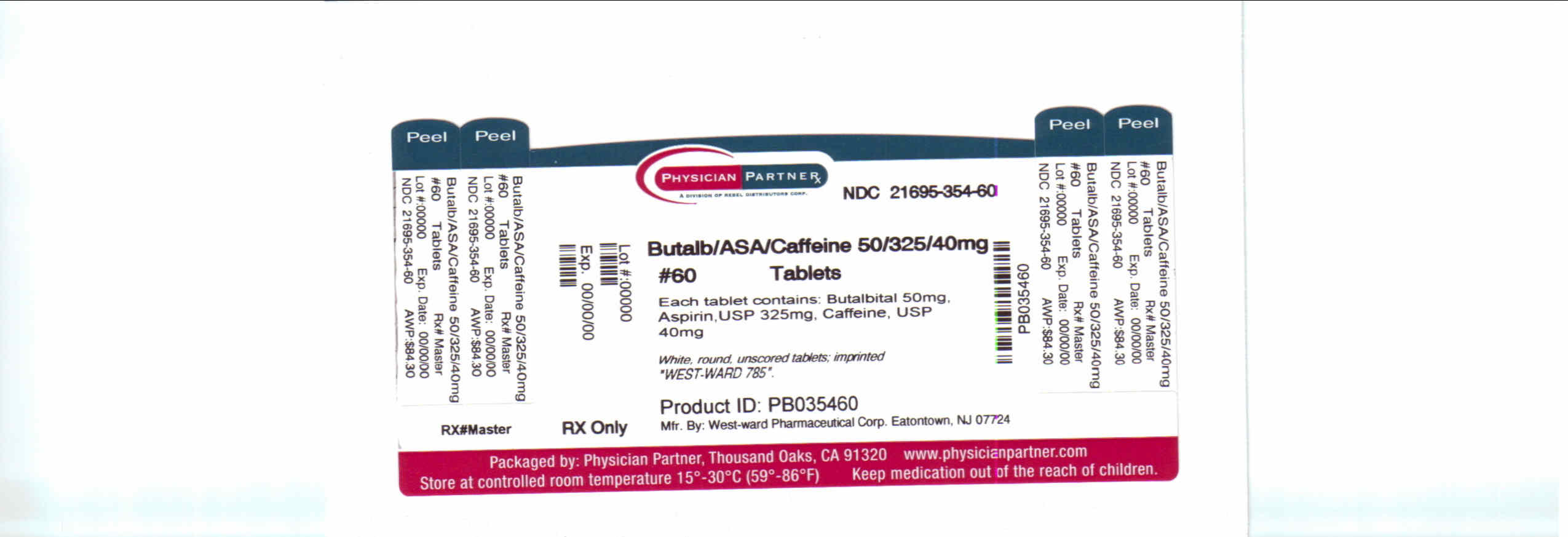
Butalbital, Aspirin And Caffeine Tablet while Breastfeeding
What is Butalbital, Aspirin And Caffeine Tablet used for?
What are the risk associated with Butalbital, Aspirin And Caffeine Tablet usage while breastfeeding? What precautions shall I take while using it in breastfeeding?

5. Nursing Mothers: The effects of Butalbital, Aspirin, and Caffeine Tablets on infants of nursing mothers are not known. Salicylates and barbiturates are excreted in the breast milk of nursing mothers. The serum levels in infants are believed to be insignificant with therapeutic doses.
Butalbital, Aspirin And Caffeine Tablet Breastfeeding Analsys
Butalbital while Breastfeeding
Low RiskCAS Number: 77-26-9
Commercialized in association with other drugs for migraine treatment. Multiple drug compounds are not advisable. Caffeine may be a part of it (100 mg each tablet) and may be a cause of irritability to the infant. (See Caffeine)
Aspirin while Breastfeeding
Low RiskCAS Number: 50-78-2
Excreted in non-significant amount into breast milk. Reye’s Syndrome has never been reported due to ASA through breast milk. It is thought to be highly unlikely to occur after isolated or small doses like those used for treatment of thrombosis or anti-abortion therapy. At high maternal dose, one case (dubious) of salicylic intoxication in the neonatal period and another case of thrombocytopenia in an infant have been reported. Likelihood of hemolysis should be considered in those patients with G6PD-deficiency. WHO Model List of Essential Medication: compatible while breastfeeding when used occasionally or small dose for antithrombotic prophylaxis management.
Caffeine while Breastfeeding
Low RiskCAS Number: 58-08-2
Trimethylxanthine component which is present in many compounds like decongestant or pain relief drugs (50 to 100 mg per unit) . It is also present in many infusion beverages (coffee, tea, mate, guarana) and other drinks with allegedly energizing properties. See also Coffee, Caffeine (beverages). At a dose higher than 300 mg a-day may induce nervousness and irritability in the infant. Intravenous high doses used to treat post-epidural anesthesia headache within 2-3 days after delivery, before mature breast milk comes, are compatible with breastfeeding. High doses used Intravenously to treat headache related to epidural should be regarded as compatible with breastfeeding only in the 2-3 days before milk comes in. Elimination period may last from few hours in adults, to 3-4 days in the newborn infant. American Academy of Pediatrics: Maternal Medication Usually Compatible With Breastfeeding.
Butalbital, Aspirin And Caffeine Tablet Breastfeeding Analsys - 2
Butalbital while Breastfeeding
CAS Number: 77-26-9
Because there is no published experience with butalbital or combination products containing butalbital during breastfeeding, other agents may be preferred, especially while nursing a newborn or preterm infant.
Aspirin while Breastfeeding
CAS Number: 50-78-2
After aspirin ingestion, salicylic acid is excreted into breastmilk, with higher doses resulting in disproportionately higher milk levels. Long-term, high-dose maternal aspirin ingestion probably caused metabolic acidosis in one breastfed infant. Reye's syndrome is associated with aspirin administration to infants with viral infections, but the risk of Reye's syndrome from salicylate in breastmilk is unknown. An alternate drug is preferred over continuous high-dose, aspirin therapy. After daily low-dose aspiring (75 to 325 mg daily), no aspirin is excreted into breastmilk and salicylate levels are low. Daily low-dose aspirin therapy may be considered as an antiplatelet drug for use in breastfeeding women.[1][2][3].
Caffeine while Breastfeeding
CAS Number: 58-08-2
Caffeine appears in breastmilk rapidly after maternal ingestion. Insufficient high-quality data are available to make good evidence-based recommendations on safe maternal caffeine consumption.[1] Fussiness, jitteriness and poor sleep patterns have been reported in the infants of mothers with very high caffeine intakes equivalent to about 10 or more cups of coffee daily. Studies in mothers taking 5 cups of coffee daily found no stimulation in breastfed infants 3 weeks of age and older. Some experts feel that a maternal intake limit of 300 mg daily might be a safe level of intake.[2] However, preterm and younger newborn infants metabolize caffeine very slowly and may have serum levels of caffeine and other active caffeine metabolites similar to their mothers' levels,[2][3][4] so a lower intake level preferable in the mothers of these infants. Other sources of caffeine, such as cola and energy drinks, yerba mate or guarana, will have similar dose-related effects on the breastfed infant. Coffee intake of more than 450 mL daily may decrease breastmilk iron concentrations and result in mild iron deficiency anemia in some breastfed infants.[5]
What should I do if I am breastfeeding mother and I am already exposed to Butalbital, Aspirin And Caffeine Tablet?
Butalbital, Aspirin And Caffeine Tablet is in the category of low risk, if you have already used it then its not a big deal if health and behavior of baby is good. However your health care provider shall be aware of the fact that you have used Butalbital, Aspirin And Caffeine Tablet so you should inform him based on your convenience.
I am nursing mother and my doctor has suggested me to use Butalbital, Aspirin And Caffeine Tablet, is it safe?
Butalbital, Aspirin And Caffeine Tablet comes in category of low risk and if your doctor is aware that you are breastfeeding it should be ok to use
If I am using Butalbital, Aspirin And Caffeine Tablet, will my baby need extra monitoring?
Not much monitoring required while using Butalbital, Aspirin And Caffeine Tablet
Who can I talk to if I have questions about usage of Butalbital, Aspirin And Caffeine Tablet in breastfeeding?
US
National Womens Health and Breastfeeding Helpline: 800-994-9662 (TDD 888-220-5446) 9 a.m. and 6 p.m. ET, Monday through Friday
UK
National Breastfeeding Helpline: 0300-100-0212 9.30am to 9.30pm, daily
Association of Breastfeeding Mothers: 0300-330-5453
La Leche League: 0345-120-2918
The Breastfeeding Network supporter line in Bengali and Sylheti: 0300-456-2421
National Childbirth Trust (NCT): 0300-330-0700
Australia
National Breastfeeding Helpline: 1800-686-268 24 hours a day, 7 days a week
Canada
Telehealth Ontario for breastfeeding: 1-866-797-0000 24 hours a day, 7 days a week
